If you have been up-to-date with recent trends in technology, we can bet that you must have heard the term blockchain more than once in your lifetime. It must have intrigued you, and you would have surely realized the promise that blockchain holds, in order to look up “how to become a blockchain developer” on Google.
It isn’t as hard as it seems!
What exactly is the blockchain, and why should one look to become a blockchain developer?
In very basic terms, a blockchain is a database with a few special properties. It is decentralized, public, and the data is stored in the form of blocks, connected together to form a chain. Hence the name, blockchain. Each single data block is an immutable record of data, not owned by any single entity, rather managed by a cluster of nodes on the network.
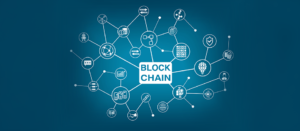
It was first brought to light by Bitcoin, although the scope for programming or development on the Bitcoin blockchain was limited. Blockchain is the technology that is used to process and record transactions on cryptocurrencies. Blockchain development really took off with the introduction of Ethereum, presenting to the world the first programmable blockchain. Ever since, blockchain development has evolved into a hot concept, with its popularity through the roof.
Blockchain development isn’t too dissimilar to regular programming, as further sections will present. The opportunity for an individual to create apps on top of a blockchain is as exciting as it sounds! Let’s see how to get on with it.
How to set off on this journey
Blockchain development, like any other task, involves a few prerequisites. If you are an absolute beginner when it comes to this technology, you would be better off researching and reading up on how it works, some key terms involved, and the overall process.
Once you are up to speed, first-hand experience with cryptocurrency is also a must. Developers usually skip this part and move on to coding, but in order to stand out from the others, learning how coins work is essential. Use a simple basic online wallet, create an account on any exchange services, and diversify as you go. Learning how exchanges work and getting familiar with wallets should be your focus.
When you have the know-how of all the processes of a blockchain, you can begin to visualize all the different parts that are coded into a blockchain application. For instance, if you are looking to build a wallet, the different parts might include setting up features to view balances, account details, and much more. What is actually done in programming is to connect these features together and communicate with the underlying network, which is blockchain in this case.
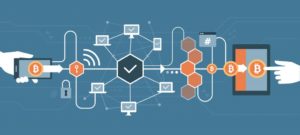
Then comes the exciting part- coding! Blockchain development works on languages already established, and a few that are up and coming, designed specifically for the blockchain.
Top programming languages for blockchain development
- C++. The oldest of them all, C++ still provides a great amount of functionality and features to assist blockchain development. Blockchain demands speed and security, and C++ with its superior memory control can help achieve those objectives. With multithreading, you can make sure that your blockchain application is able to handle multiple tasks at once. Being mature, C++ is constantly updated, with debuggers and analytical tools available to help you code better. All these advantages tie in beautifully to the fact that C++ is, and for a long time, will be a great choice for blockchain development.
Learn C++ with Coding Ninjas here! (https://www.codingninjas.in/courses/onlline-c-plus-plus-course)
- Solidity. Moving on to a language that caters particularly to the blockchain, Solidity was actually developed by Ethereum. It utilizes C++’s object oriented programming constructs, as well as JavaScript’s functions. The language itself is not very complicated, but having a grasp of other modern languages like Python makes it easier. It is the go-to language for developing smart contracts, or decentralized apps (dapps). For developers looking to add smart contract functionality to their ledgers, like Ethereum, Solidity is the way to go.
The core parts of a blockchain that you can try your hands on include smart contracts, decentralized apps, and ICOs (Initial Coin Offerings). Start slow, master a small section of blockchain development, and gradually move on to bigger and greater things. As you learn, you will be exposed to more programming languages like Solidity, one of them being GO. It makes sense to get familiar with these languages once you are comfortable with languages like Solidity.
So, the journey to becoming a blockchain developer isn’t as hard as it sounds. Start off slow, learn some languages, apply them to projects, and keep moving forward!
Learn more about programming with Coding Ninjas special programming courses.
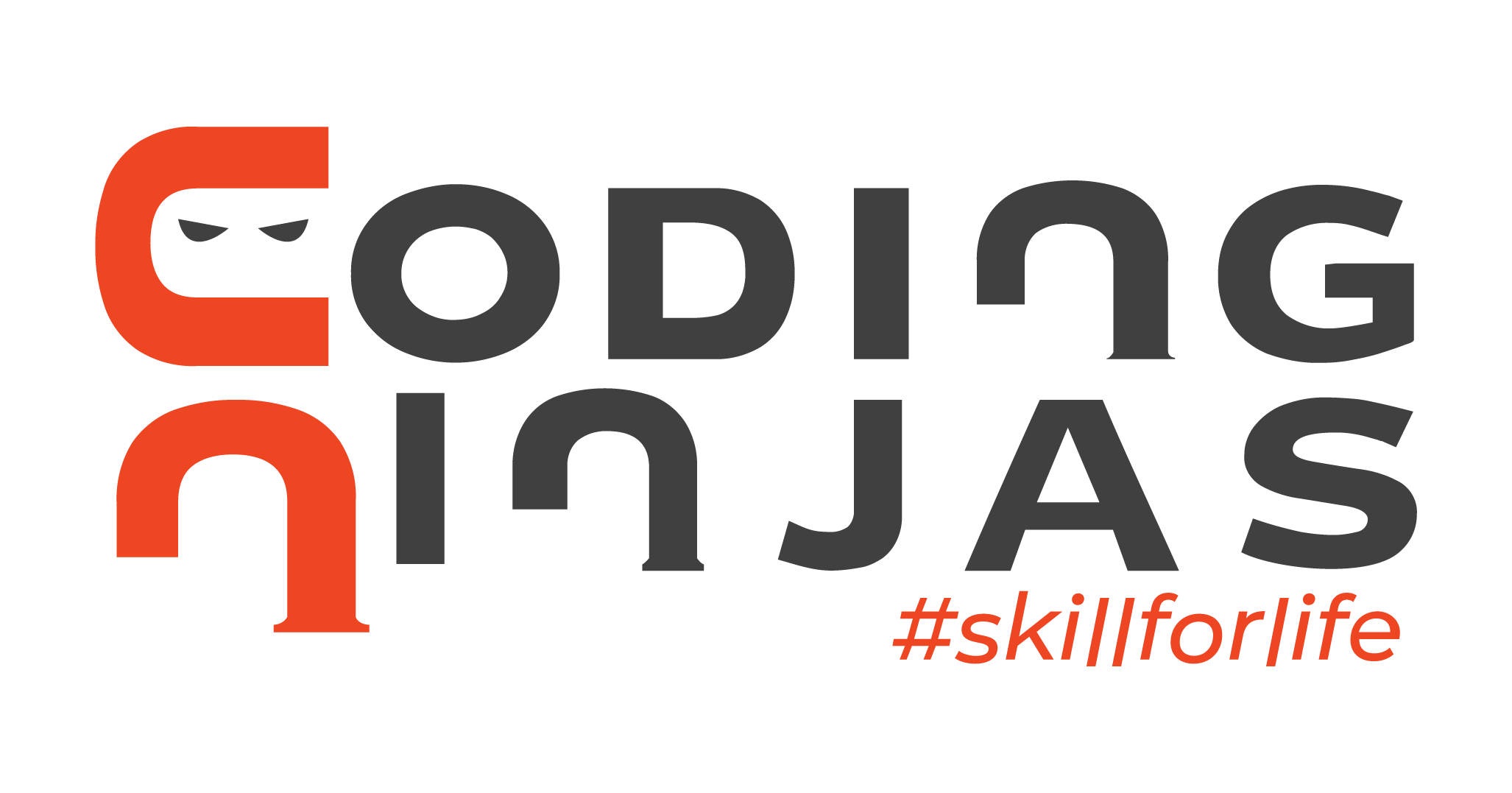
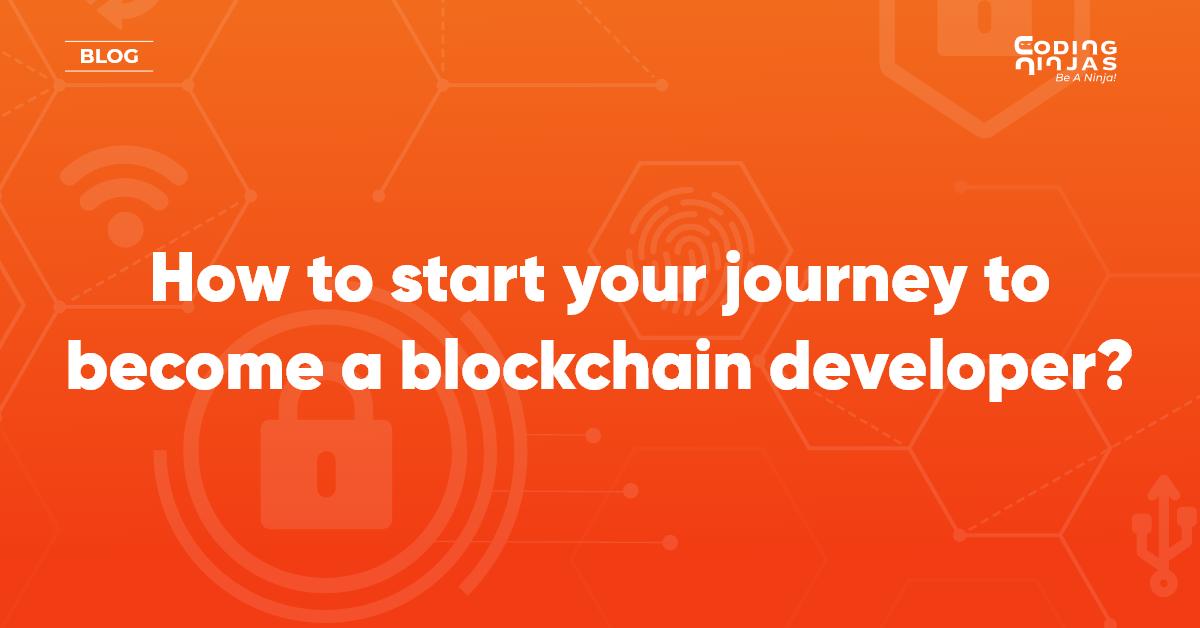
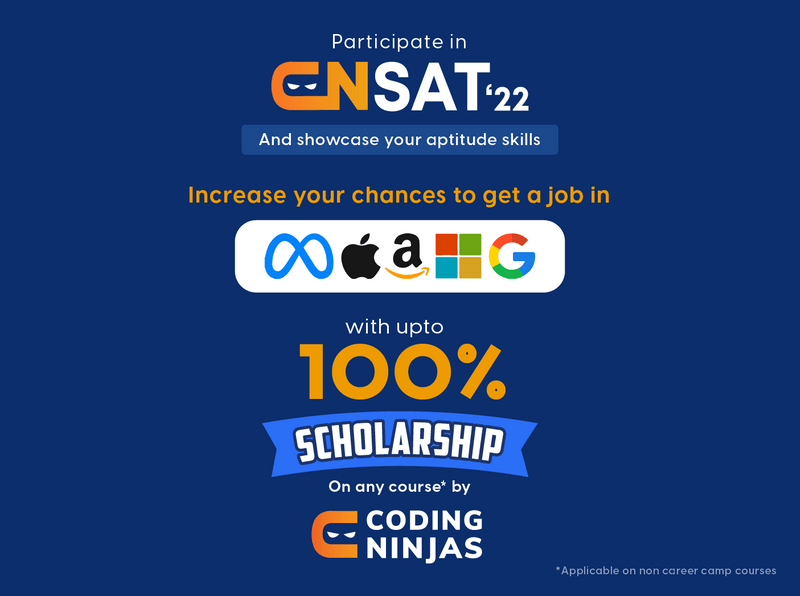
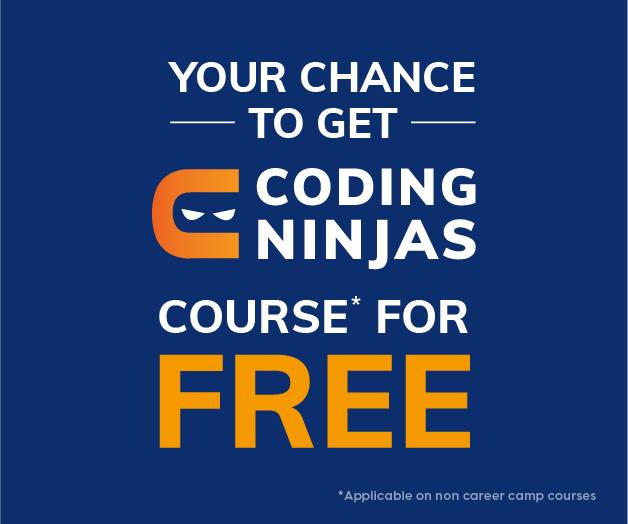

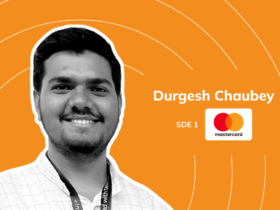
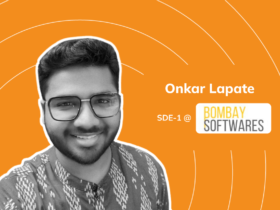








Leave a Reply